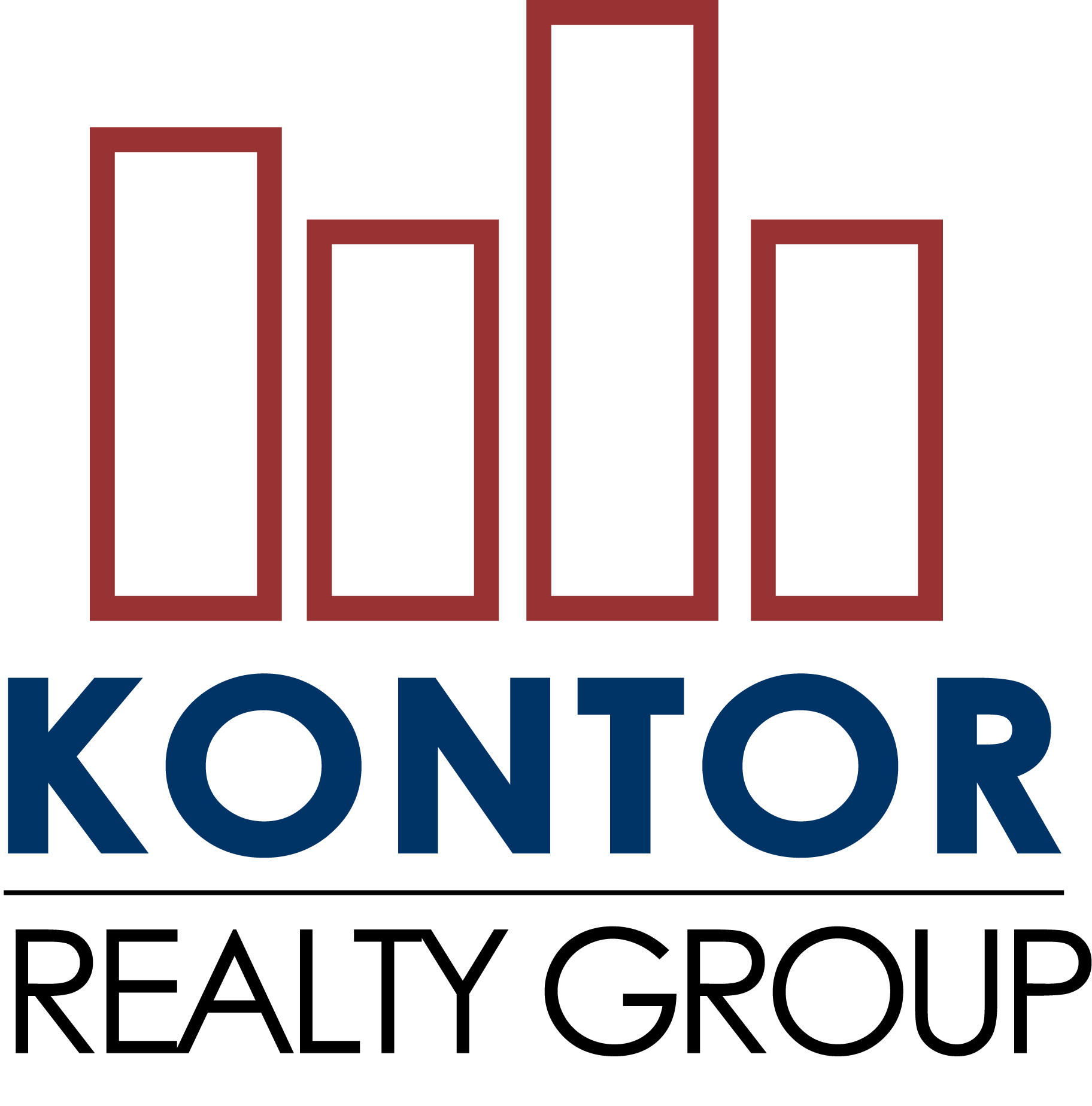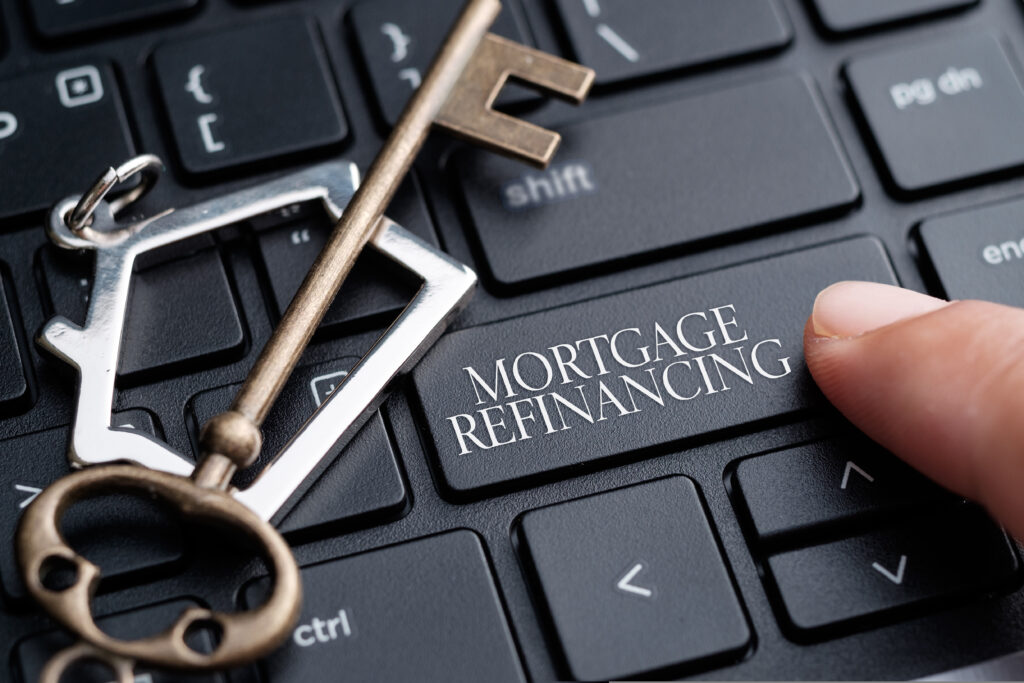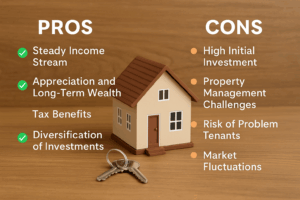When buying a home, choosing the right mortgage is just as important as finding the perfect property. With so many financing options available each with unique terms, rates, and qualifications it can feel overwhelming to figure out which mortgage type best fits your situation. Whether you’re a first-time buyer or a seasoned homeowner, understanding your options is crucial to making a smart financial decision.
Let’s take a closer look at the most common types of home loans: Fixed-rate, Adjustable-rate, FHA, VA, USDA, and Jumbo loans. Each has its own benefits and drawbacks, and knowing the differences can help you choose confidently.
1. Fixed-Rate Mortgage
The fixed-rate mortgage is the most traditional and widely used loan type. With this option, your interest rate stays the same for the entire life of the loan, typically for 15, 20, or 30 years. That means your monthly principal and interest payments remain predictable, regardless of fluctuations in the economy.
This is an excellent choice if you plan to stay in the home long-term and value stability in your budget. While fixed-rate loans might have a slightly higher starting interest rate than adjustable-rate mortgages, they protect you from future rate hikes.
Best for: Buyers who want predictable payments and plan to stay in the home for many years.
2. Adjustable-Rate Mortgage (ARM)
An adjustable-rate mortgage, or ARM, typically starts with a lower introductory interest rate, which adjusts periodically based on market conditions. For example, a 5/1 ARM has a fixed rate for the first 5 years, after which the rate can change annually.
While ARMs can save you money in the short term, they come with the risk of rising rates in the future. These loans are better suited for buyers who plan to move or refinance before the adjustment period begins.
Best for: Buyers who need lower initial payments and expect to move or refinance within a few years.
3. FHA Loan
FHA loans, backed by the Federal Housing Administration, are designed to help first-time and low-to-moderate-income buyers. These loans have more flexible credit requirements and allow down payments as low as 3.5%.
However, FHA loans require mortgage insurance premiums (MIP), which protect the lender if you default. These premiums are added to your monthly mortgage payment and can last for the life of the loan unless you refinance into a conventional loan later.
Best for: First-time buyers or those with less-than-perfect credit and limited funds for a down payment.
4. VA Loan
Backed by the U.S. Department of Veterans Affairs, VA loans are available to eligible veterans, active-duty service members, and some military spouses. These loans offer no down payment, no mortgage insurance, and competitive interest rates.
Because VA loans are guaranteed by the government, they’re less risky for lenders, which often results in better terms for borrowers. However, there is a one-time VA funding fee (which can be rolled into the loan).
Best for: Qualified military personnel seeking affordable, low-risk home financing.
5. USDA Loan
USDA loans, guaranteed by the U.S. Department of Agriculture, are aimed at buyers in rural and suburban areas. These loans offer 100% financing (no down payment) and reduced mortgage insurance costs.
Eligibility is based on income and property location, so not all buyers will qualify. But for those who do, USDA loans are an excellent path to homeownership with minimal upfront costs.
Best for: Low-to-moderate income buyers in eligible rural or suburban areas.
6. Jumbo Loan
A jumbo loan is used when the purchase price exceeds the conforming loan limit, which varies by region (usually around $766,550 in 2025 for most U.S. counties). Jumbo loans are not backed by government agencies, so they typically require higher credit scores, larger down payments, and stricter income documentation.
These loans are ideal for financing luxury homes or properties in high-cost areas but come with more risk and stricter lending criteria.
Best for: High-income buyers purchasing expensive homes beyond conforming loan limits.
Choosing the right mortgage can save you thousands of dollars over the life of your loan—and make your path to homeownership much smoother. Consider your financial goals, how long you plan to stay in the home, your credit profile, and your comfort with changing rates.
When in doubt, consult a trusted mortgage advisor or real estate professional who can guide you based on your unique situation. With the right mortgage, your dream home becomes a lot more achievable.




